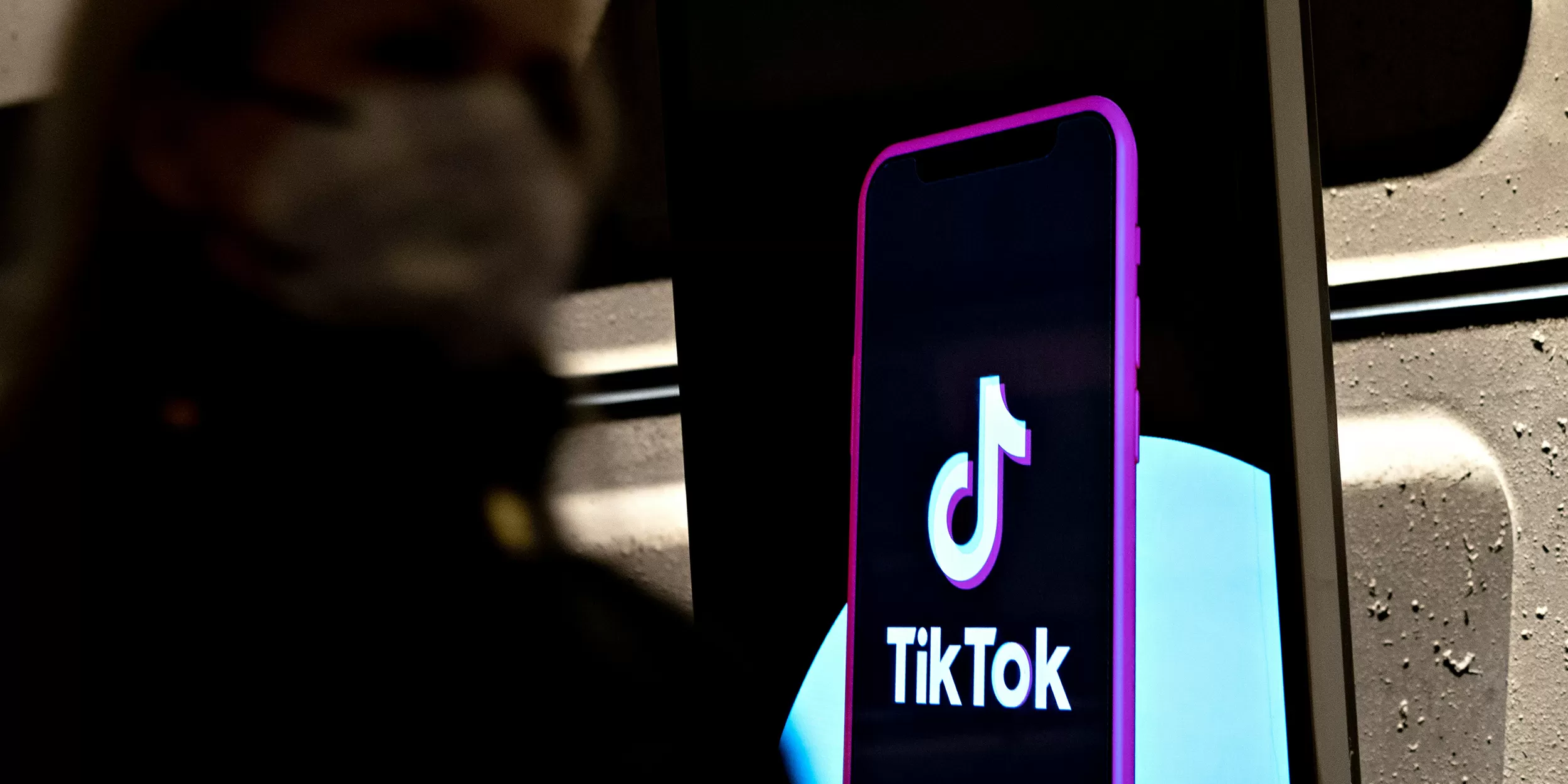The popular social media platform TikTok has been at the center of controversy for quite some time now. Concerns about the app’s data security and potential threat to national security have sparked debates and discussions. However, it seems that the allegations against TikTok may be purely hypothetical, as recently admitted by the U.S. Intelligence.
In a statement released by the Federal Bureau of Investigation (FBI), the agency stated that they have “nothing to add” when asked for evidence of TikTok’s alleged threat. This statement comes as a surprise, given the numerous claims made against the app and its parent company, ByteDance. It also raises questions about the validity of these claims and the motives behind them.
The controversy surrounding TikTok began when the app gained immense popularity among users, especially teenagers and young adults. As with any popular social media platform, there were concerns about the privacy of user data and the potential misuse of this data by the app’s owners. These concerns were further fueled by the fact that TikTok is a Chinese-owned company, and the Chinese government has a history of strict data regulations and censorship.
However, despite these concerns, TikTok has repeatedly stated that it does not share user data with the Chinese government and that it stores all user data in the United States and Singapore. The app has also taken steps to increase transparency and address data security concerns by releasing a transparency report and hiring a U.S.-based CEO.
Despite these efforts, the app continued to face backlash, with some lawmakers even calling for a ban on the app in the United States. This led to an investigation by the Committee on Foreign Investment in the United States (CFIUS), which reviews foreign investments in U.S. companies for potential national security threats. The investigation resulted in a forced sale of TikTok’s U.S. operations to a U.S.-based company.
However, even after the forced sale, concerns about TikTok’s alleged threat to national security persisted. The U.S. Intelligence community has repeatedly raised concerns about the app and its potential ties to the Chinese government. These concerns were echoed by some lawmakers, who claimed that TikTok could be used as a tool for Chinese espionage and propaganda.
But now, with the FBI’s statement, it seems that these concerns may have been blown out of proportion. The agency’s admission that they have “nothing to add” when asked for evidence of TikTok’s threat raises doubts about the validity of these claims. If there was concrete evidence of TikTok’s threat, wouldn’t the FBI have something to add?
This revelation also calls into question the motives behind the allegations against TikTok. With the app’s immense popularity and success, it is not surprising that some may see it as a threat to U.S. companies and their dominance in the tech industry. The forced sale of TikTok’s U.S. operations can also be seen as a move to protect U.S. interests rather than a genuine concern for national security.
Moreover, the U.S. Intelligence community’s admission also highlights the need for evidence-based decision making. It is crucial to thoroughly investigate and gather evidence before making allegations and taking action against a company or individual. The lack of evidence in this case raises concerns about the impact of baseless allegations and the need for accountability.
In conclusion, the FBI’s statement that they have “nothing to add” when asked for evidence of TikTok’s threat is a significant revelation. It brings to light the lack of evidence behind the claims made against the app and raises questions about the motives behind these allegations. It also highlights the need for evidence-based decision making and accountability. As for TikTok, it is time to put these baseless allegations to rest and let the app continue to bring joy and entertainment to its millions of users.







